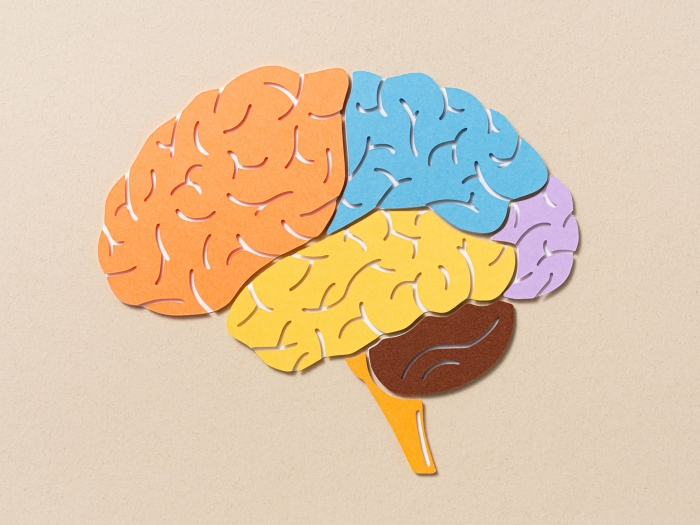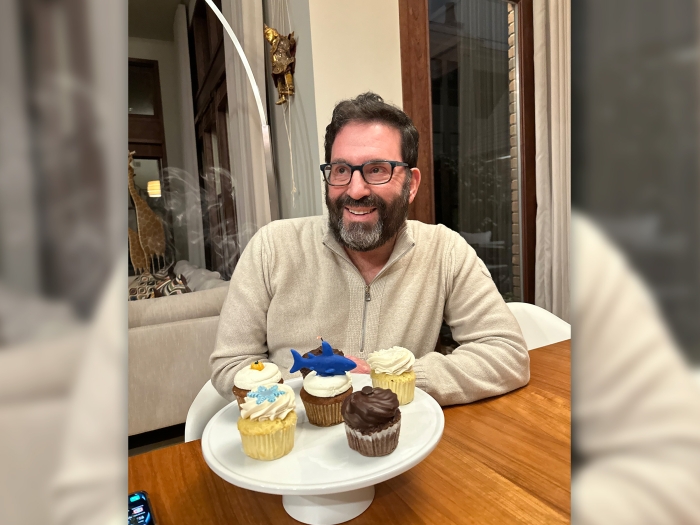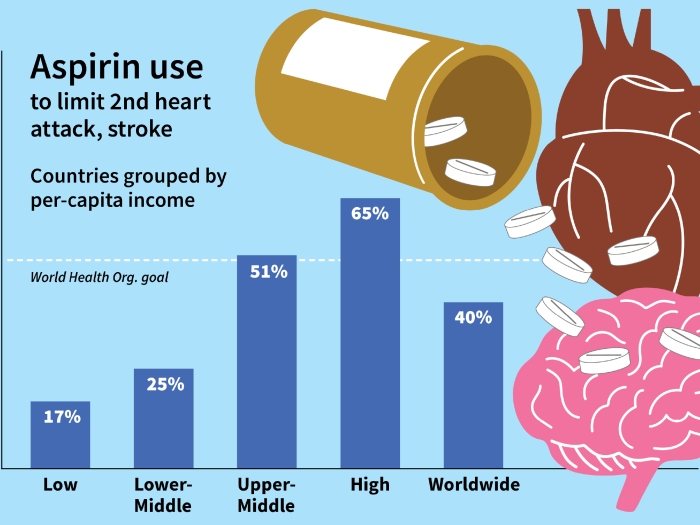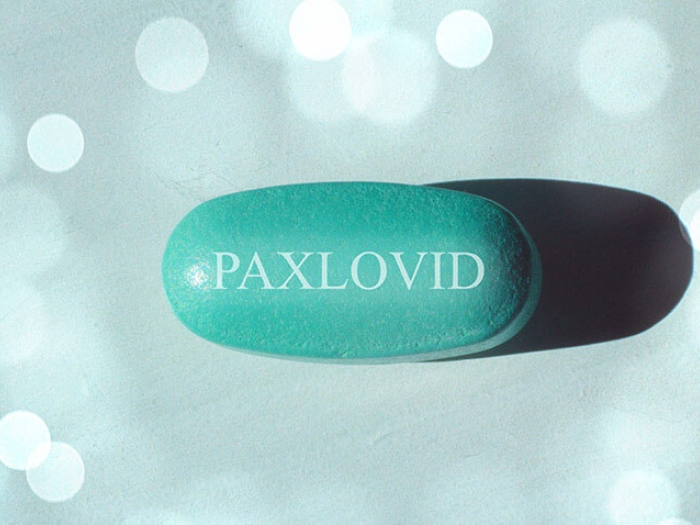This National Stroke Awareness Month, catch up on three of the latest procedures for ischemic and hemorrhagic stroke.
11:23 AM
Author |
Every 40 seconds, someone in the U.S. has a stroke.
It can be devastating for the patient and their family and friends, trying to learn what they're up against and to make important decisions with the doctor as the clock ticks.
Hemorrhagic strokes, where the brain bleeds, and ischemic strokes, where there is a blocked blood vessel, each require a different approach.
The University of Michigan Comprehensive Stroke Center team includes neurosurgeons, neurologists, neurointerventional radiologists and vascular surgeons who collaborate to determine the most appropriate treatment for each person, as no two stroke patients are the same. Team members describe the latest in stroke treatment including open microsurgery, minimally-invasive catheter-based treatment and also carotid surgery to prevent secondary strokes in the video above.
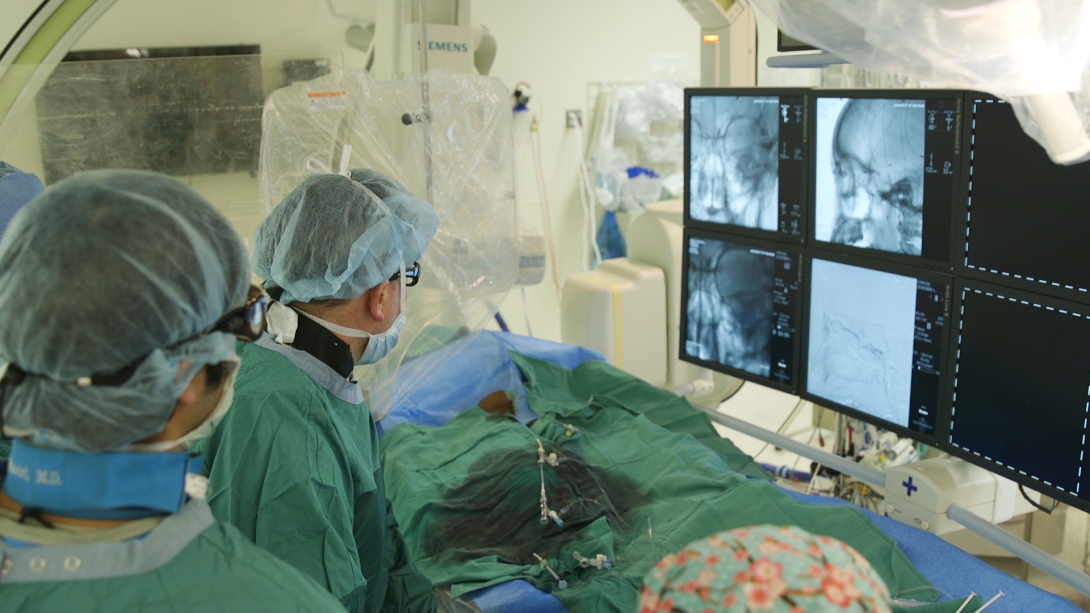

Explore a variety of health care news & stories by visiting the Health Lab home page for more articles.

Department of Communication at Michigan Medicine
Want top health & research news weekly? Sign up for Health Lab’s newsletters today!


